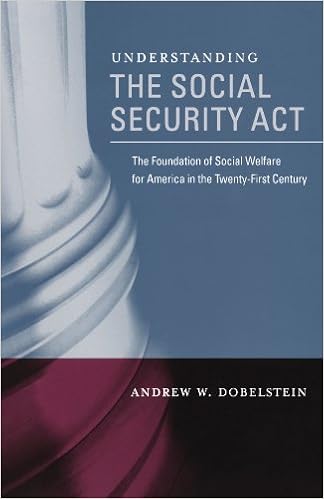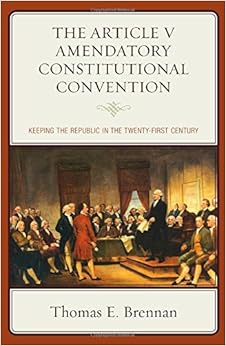 The three legal research databases, Bloomberg Law, Lexis Advance and WestlawNext, are available to Brooklyn Law School students this summer. May 2015 graduates will also have access to these databases for six months after graduation. See the details below:
The three legal research databases, Bloomberg Law, Lexis Advance and WestlawNext, are available to Brooklyn Law School students this summer. May 2015 graduates will also have access to these databases for six months after graduation. See the details below:
Bloomberg Law: Provides unlimited and unrestricted access over the summer. Student accounts will remain active and available all summer. Students may use Bloomberg Law without restrictions. Graduating students have continued access for six months after graduation.
For questions, contact Erica Horton, Esq, Law School Relationship Manager, Bloomberg BNA, ehorton@bna.com, 1-800-542-1113, ext. 1884.
Lexis Advance: Students will have continuing access all summer for academic, professional and non-profit research. All legal and news content will be available and there is no limitation on the number of hours of use. Graduating students will have extended access until December 31, 2015.
Lexis ASPIRE: Students graduating in Spring 2015 working for a non-profit 501(c)(3) employer may apply for an ASPIRE ID which provides free access to Lexis Advance for as long as their non-profit work continues, until September 1, 2016. ASPIRE provides free access to federal and state cases, codes, regulations, law reviews, Shepard’s, and Matthew Bender treatises to use in their non-profit employment.
- Use the Graduate ID Form which will open ASPIRE details and extended access to Lexis Advance when you fill in your non-profit employment status.
- Review the eligibility requirements, and if your non-profit employment qualifies, use the Graduate Program form to apply for an ASPIRE ID. You will need to provide verifying documentation.
For questions, contact Mary Beth Drain, LexisNexis Account Executive, marybeth.drain@lexisnexis.com, 845-598-3203.
WestlawNext: Students may extend their passwords for the following academic uses on WestlawNext:
- Summer law school classes and study abroad programs
- Law Review & Journal, including writing competitions
- Research assistant
- Moot Court
- Unpaid internship/externship
To extend their passwords, students can select the “Need Westlaw this Summer” banner on the Westlaw homepage for continued access. They can then complete the online summer extension form to request the summer extension.
Graduating students will need to complete an online password extension request on the Westlaw homepage for continued access. Once they complete the online extension request, they will have continued access through November 30, 2015.
For questions, contact Stefanie Efrati, Academic Account Manager, Thomson Reuters, stefanie.efrati@thomsonreuters.com, 212-548-7432.





 Additionally, the BLS Library has in its collection
Additionally, the BLS Library has in its collection 

 On the subject of what seems to be the nation’s broken politics and government, two books on the list are
On the subject of what seems to be the nation’s broken politics and government, two books on the list are 
